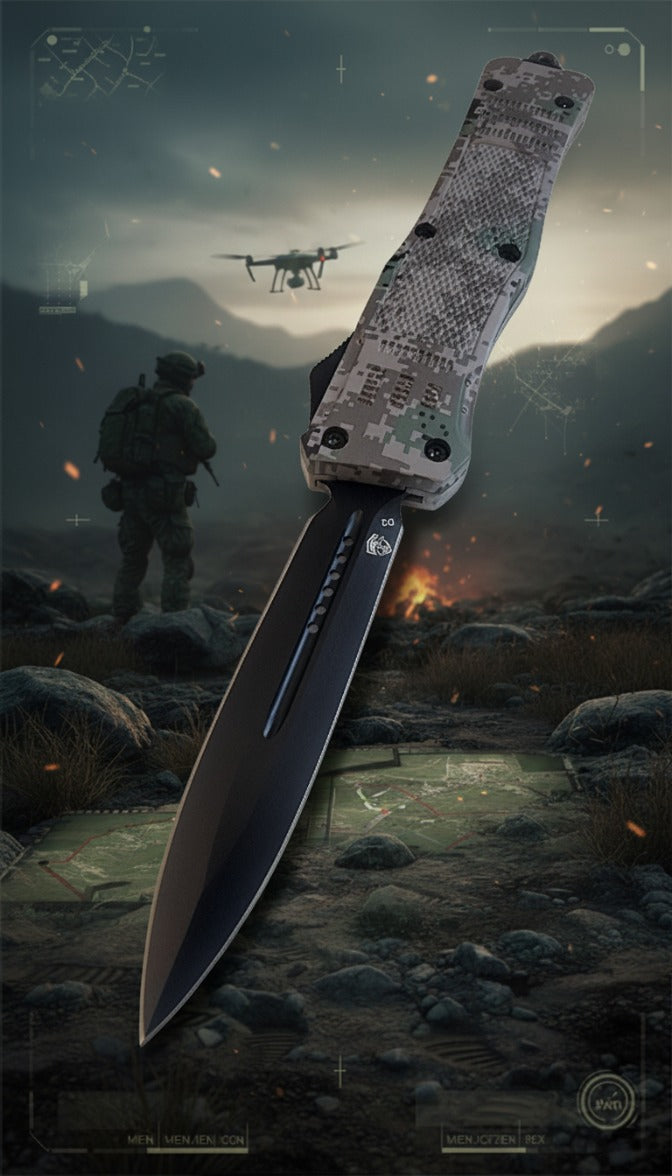Automatic Knife Laws in the USA - Know Before You Carry
State Laws Regarding Automatic Knives
The following states do NOT prohibit auto-open (also called automatic, switchblade, or switch knife) for non-law enforcement citizens. Check State Knife Laws for specific details on possession, carrying, manufacturing, or sale, as some restrictions may apply in a specific state. See the list below for blade length restrictions.
- Alabama*
- Alaska
- Arizona*
- Arkansas*
- California (less than 2″ blade length limitation)
- Colorado (effective approximately Aug. 9, 2017; concealed carry maximum length 3-1/2″)
- Connecticut (maximum 1-1/2″ blade length limitation)
- Delaware (unlawful since 1953)
- Florida*
- Georgia*
- Hawaii (effective May 2024, allowed but no concealed carry)
- Idaho*
- Illinois (effective Aug. 11, 2017, with valid Firearms Owner’s Identification Card FOID)
- Indiana
- Iowa*
- Kansas (since 2013)
- Kentucky (if at least 21 years old)*
- Louisiana (effective August 1, 2018)
- Maine (effective October 15, 2015)
- Maryland – (can legally possess if not concealed)
- Massachusetts (effective August 27, 2024, all restrictions removed perMassachusetts Supreme Court ruling)
- Michigan (effective October 10, 2017)
- Minnesota (forbidden)
- Mississippi*
- Missouri (since 2012)
- Montana (maximum 1-1/2″ blade length limitation – removed 2019)
- Nebraska*
- Nevada (effective July 1, 2015 – 2″ blade length limitation removed)
- New Hampshire (since 2010)
- New Jersey (possession, but commerce and manufacturing unlawful)
- New Mexico (not allowed outside one’s real property)
- New York – (exception for hunting, trapping, and fishing – seeNew York Knife Laws)
- North Carolina (concealed carry not recommended – seeNorth Carolina Knife Laws)
- North Dakota (maximum 5″ blade length limitation)
- Ohio (effective April 12, 2021 – seeOhio Knife Laws)
- Oklahoma (effective November 1, 2015)
- Oregon (repealed 1985)
- Pennsylvania (effective January 2, 2023)
- Rhode Island*
- South Carolina*
- South Dakota (repealed 1975)
- Tennessee*
- Texas (since 2013)
- Utah*
- Vermont (less than 3″ blade length limitation)
- Virginia (effective July 1, 2023)
- Washington (manufacture allowed, limited possession to law enforcement and emergency personnel – see Washington Knife Laws)
- West Virginia (must be 21 years of age)
- Wisconsin (effective February 2016)
- Wyoming*
Ready to add a new automatic knife to your collection? Explore our extensive selection of OTF knives, crafted for durability and smooth action. We offer a wide variety of styles and brands, all with the convenience of free shipping and a 45-day return policy. Find your perfect blade today!
Southern Sporting Goods LLC
Automatic Knives for Sale
Save 30%

Sale price$69.95
Regular price$99.99
Venom Recon 3 Automatic OTF Knife - Gray (Black Tanto Par Ser 3.25")
Save 47%
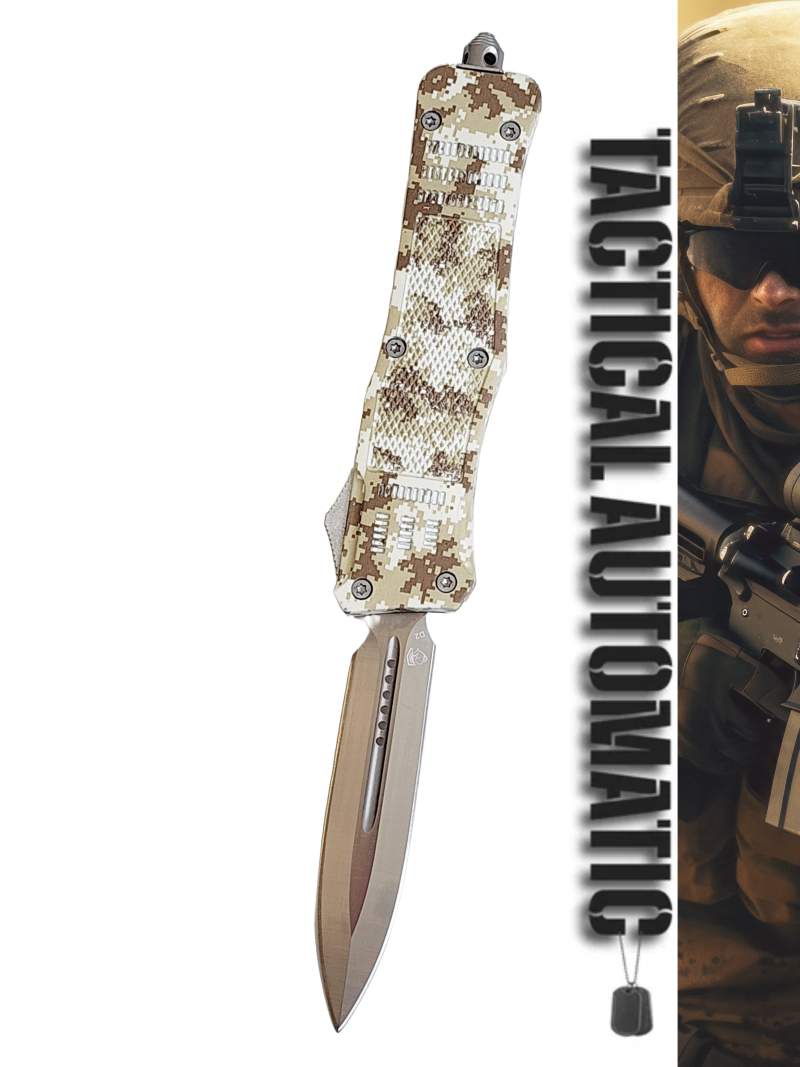
Sale price$99.95
Regular price$189.99
Venom 4TR ELITE Tactical OTF Knife - Desert Camo (Satin Double Edge 3.4")
Save 30%
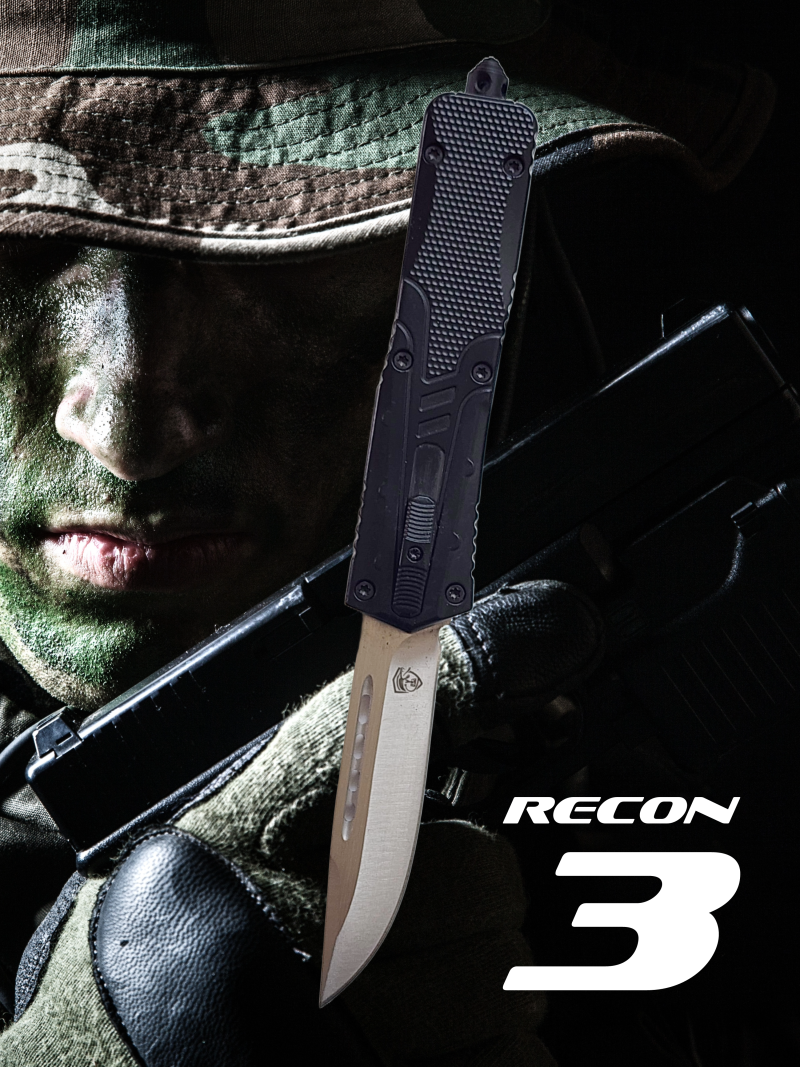
Sale price$69.95
Regular price$99.99
Venom Recon 3 Automatic OTF Knife - Black (Satin Drop Point 3.25")
Save 63%
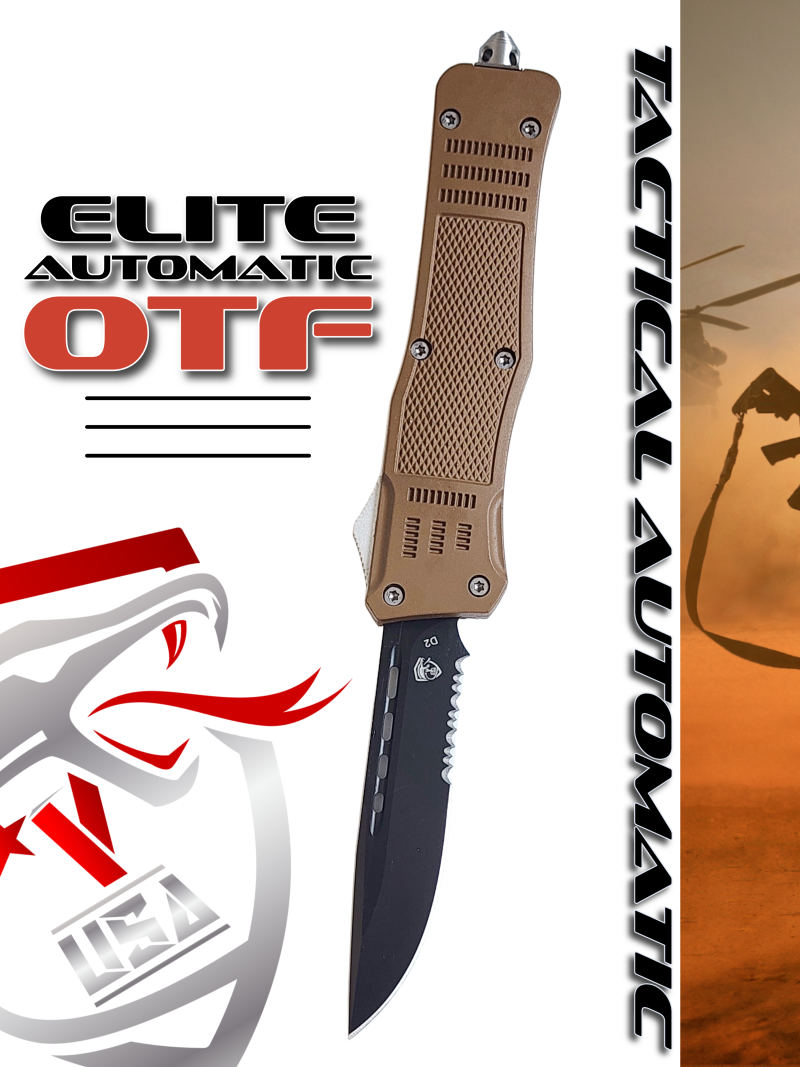
Sale price$69.95
Regular price$189.99
Venom 4TR ELITE Tactical OTF Knife - Tan (Black Drop Point Par Ser 3.4")
Save 47%

Sale price$99.95
Regular price$189.99
Venom 4TR ELITE Tactical OTF Knife - Silver Ghost - SH (Satin Double Edge 3.4")
Save 47%
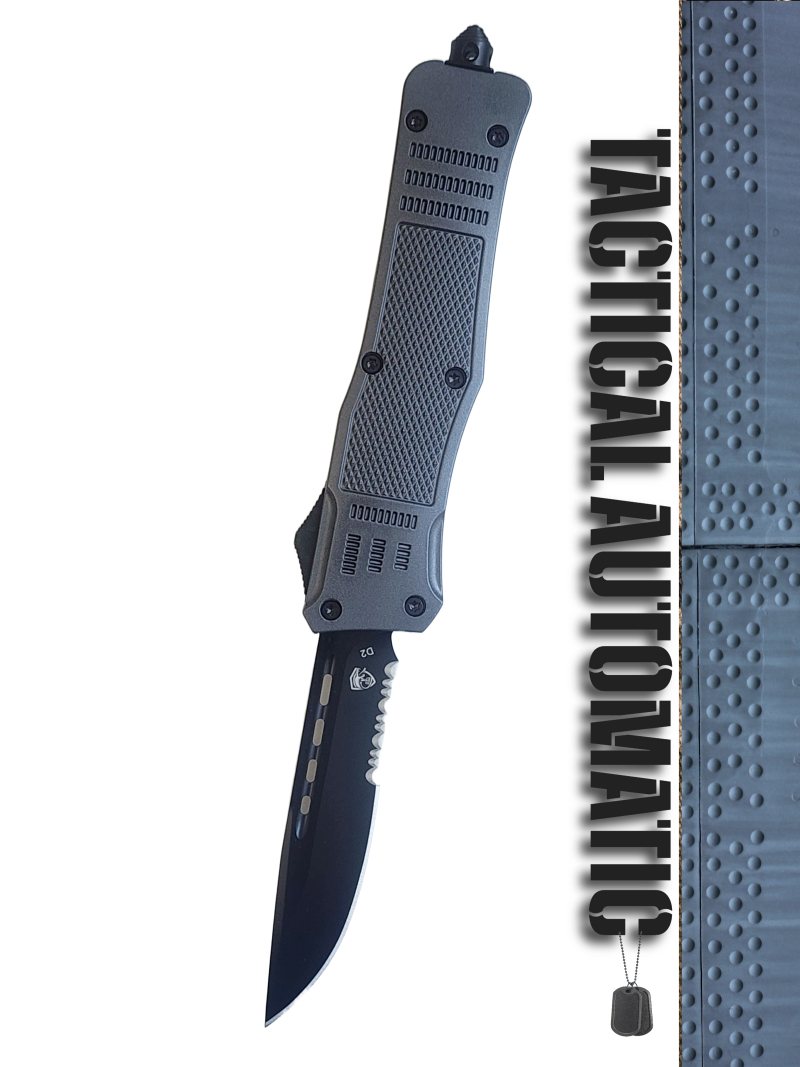
Sale price$99.95
Regular price$189.99
Venom 4TR ELITE Tactical OTF Knife - Battle Gray (Black Drop Point Par Ser 3.4")
Save 47%
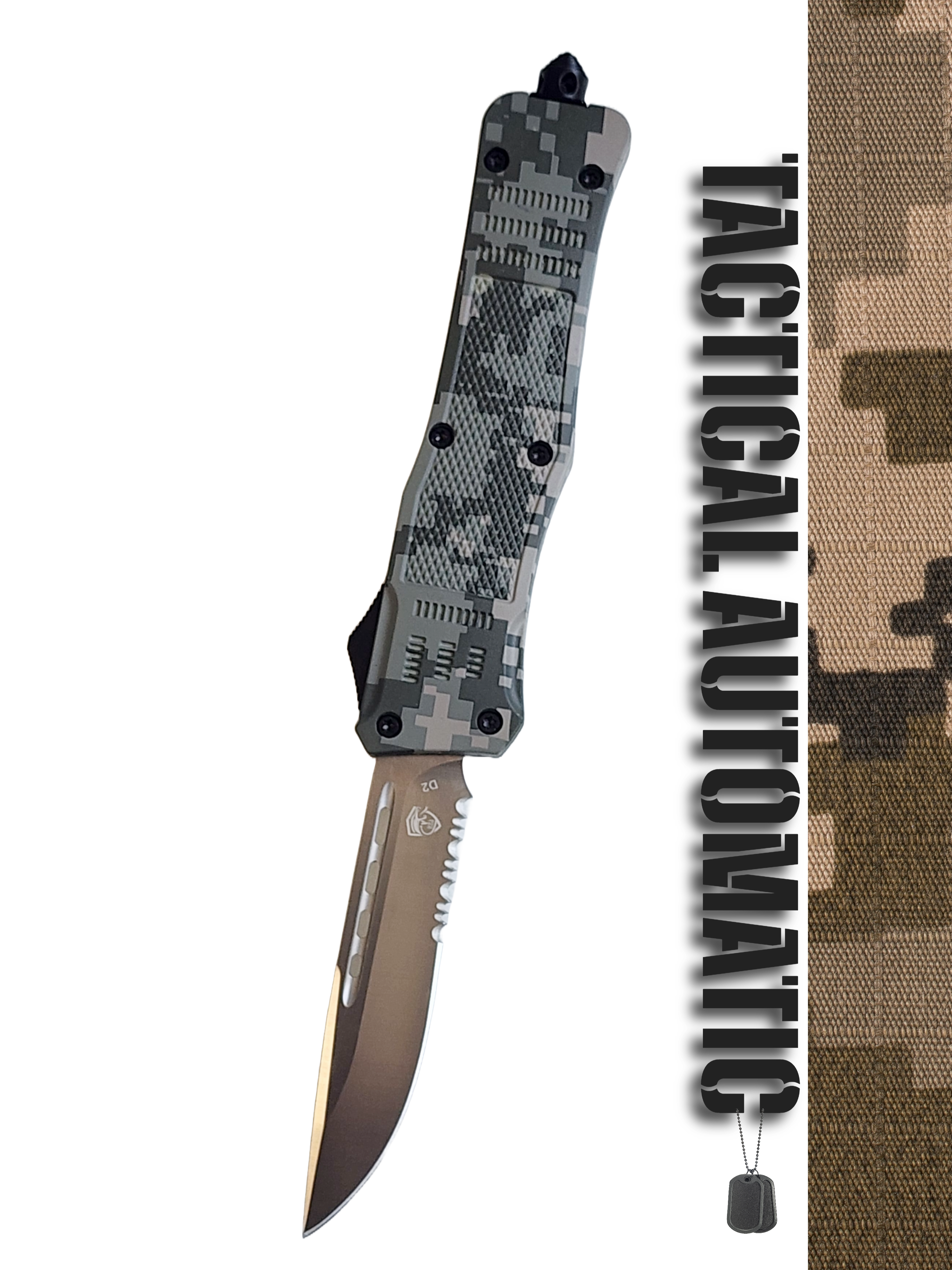
Sale price$99.95
Regular price$189.99
Venom 4TR ELITE Tactical OTF Knife - ACU Camo (Satin Drop Point Par Ser 3.4")
Save 47%
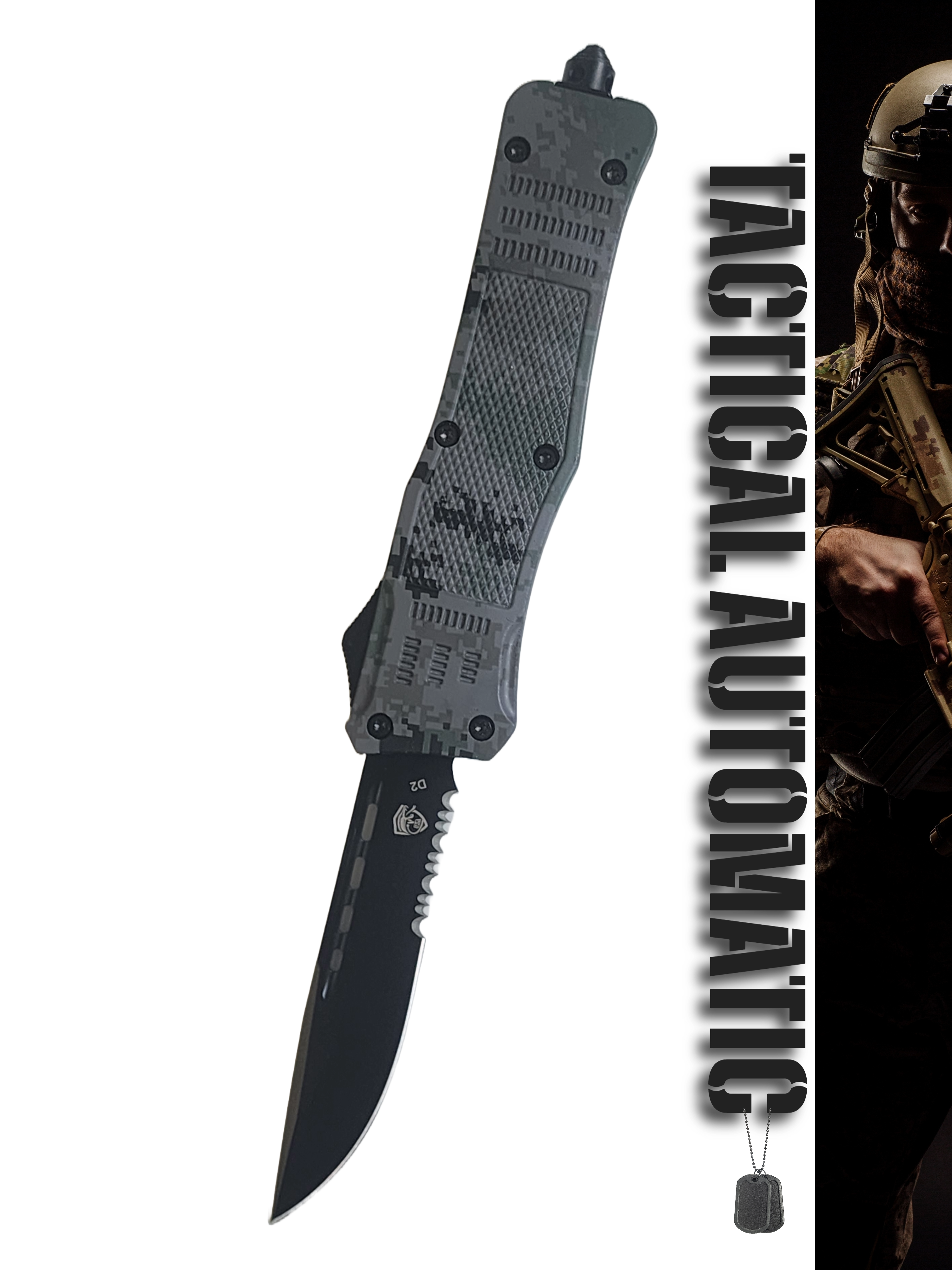
Sale price$99.95
Regular price$189.99
Venom 4TR ELITE Tactical OTF Knife - Recon Camo (Black Drop Point Par Ser 3.4")
Save 47%
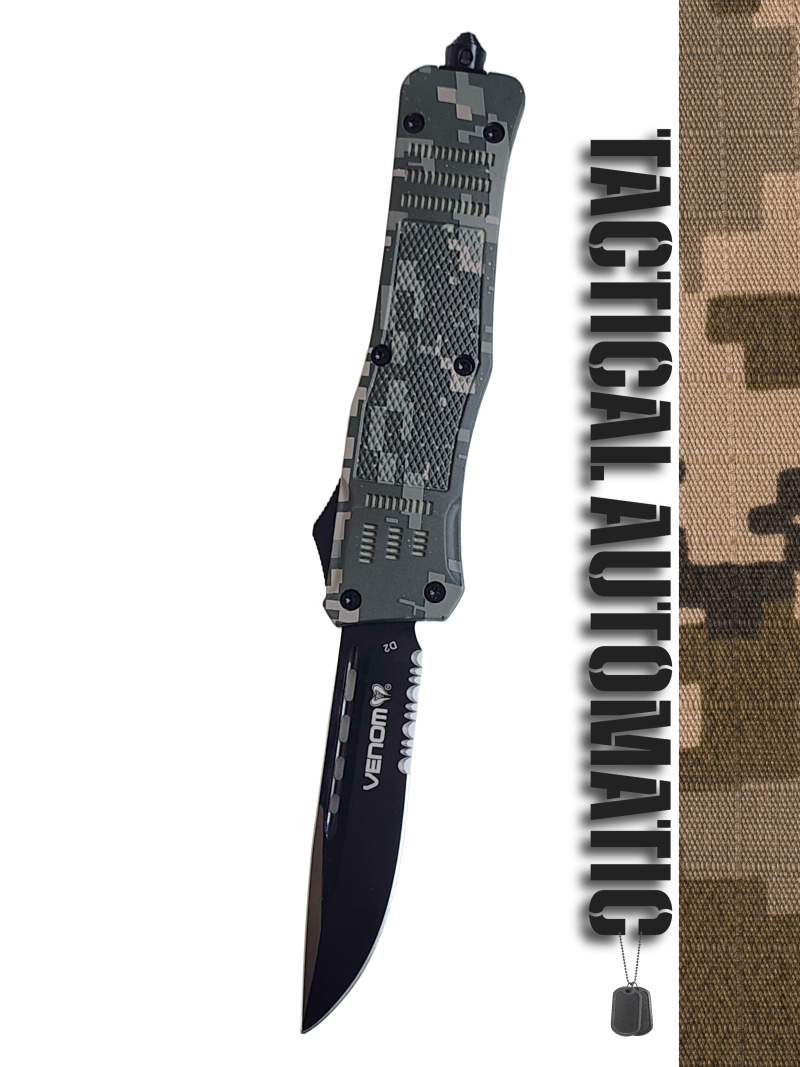
Sale price$99.95
Regular price$189.99
Venom 4TR ELITE Tactical OTF Knife - ACU Camo (Black Drop Point Par Ser3.4")
Save 47%
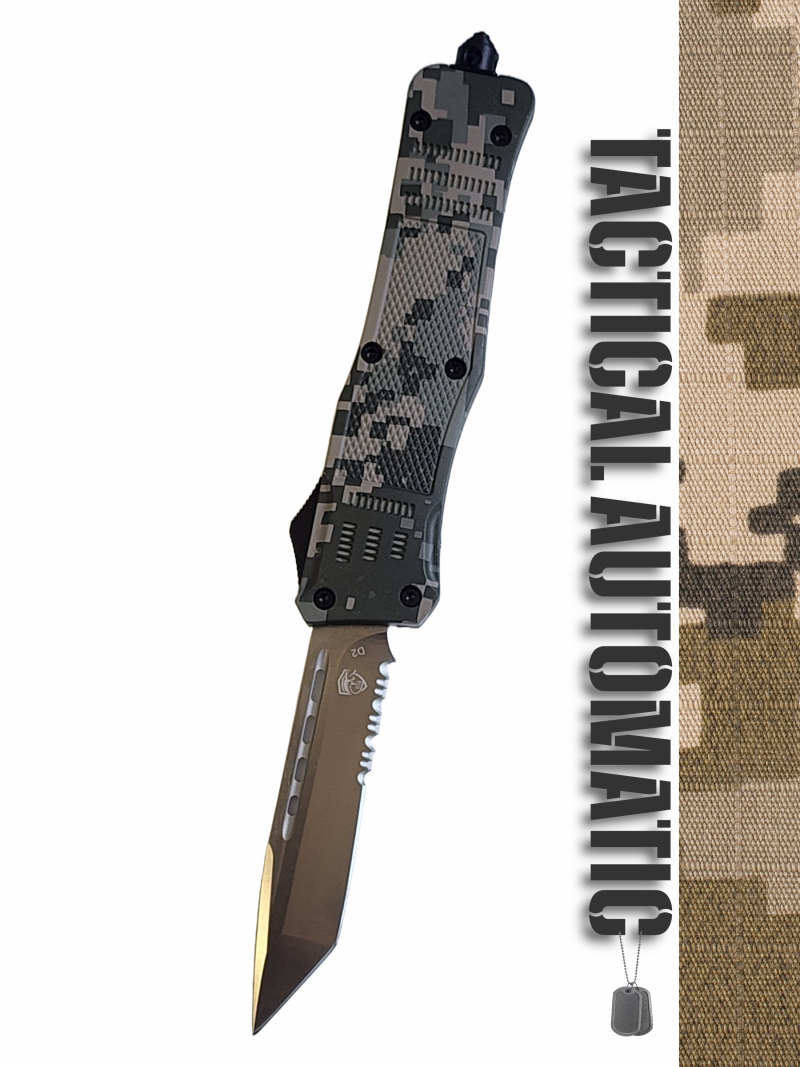
Sale price$99.95
Regular price$189.99
Venom 4TR ELITE Tactical OTF Knife - ACU Camo (Satin Tanto Par Ser 3.4")
Save 47%
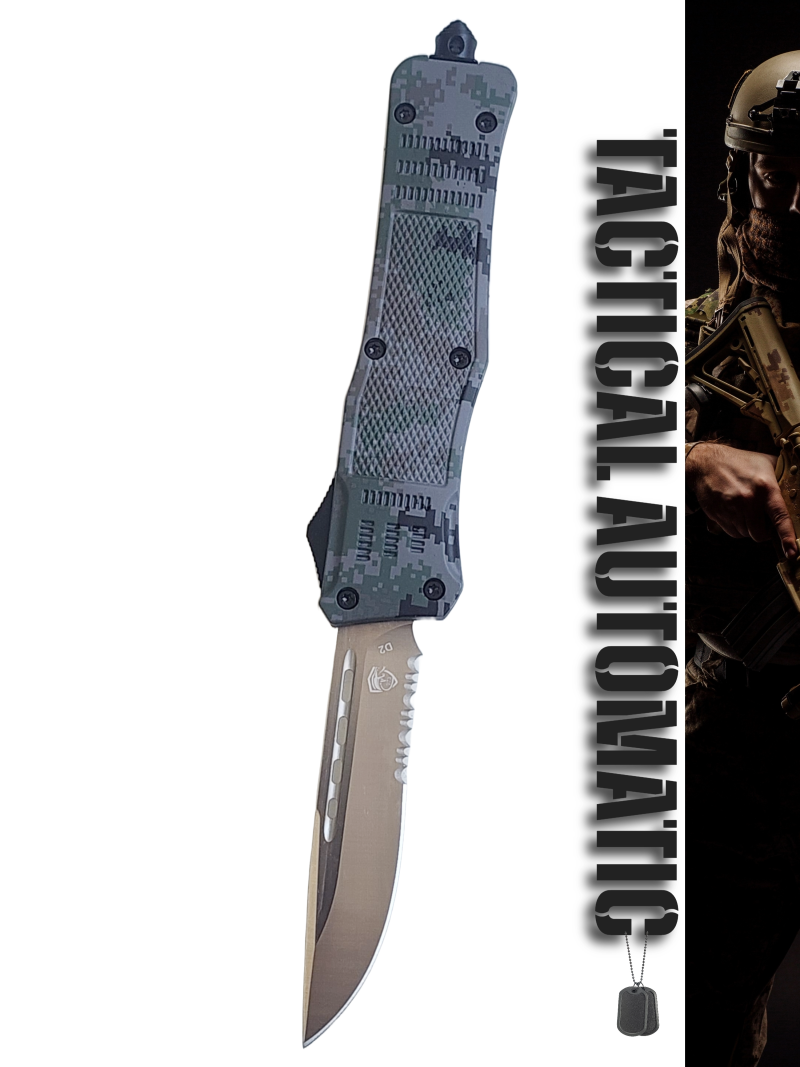
Sale price$99.95
Regular price$189.99
Venom 4TR ELITE Tactical OTF Knife - Recon Camo (Satin Drop Point Par Ser 3.4")


